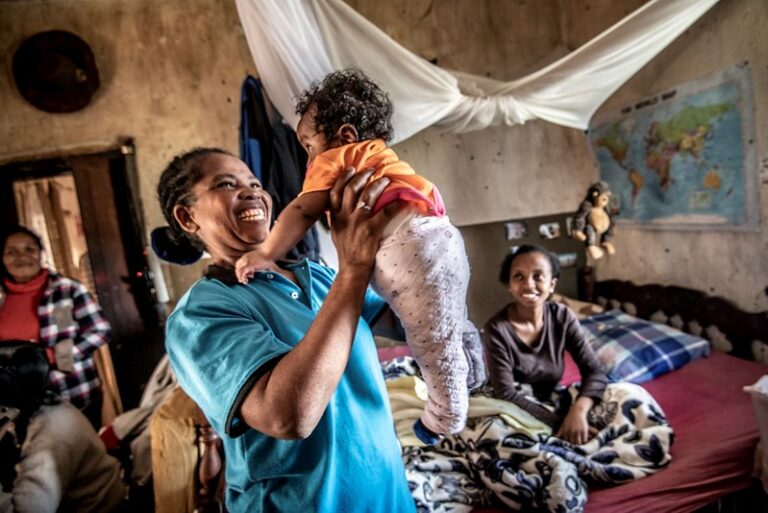In 2022, the Child Health Task Force decided to explore in detail the burden of climate change on children. Since then, the Task Force and UNICEF have collaborated to bring together various climate and health experts to discuss high priority health issues affecting pregnant people, infants and children globally. Join us for the third webinar on adapting child health systems to become more resilient in the face of today’s climate crisis.
The series is aligned with the Healthy Environments for Healthy Children framework, which identifies which environmental and climate hazards affect children globally and their rights to a healthy environment.
Session Topics:
- Heatwaves – November, 2022
- Children’s Climate Risk Index – December, 2022
- Heat Stress and Congenital Heart Disease – February, 2023
- Vector-Borne Diseases: Dengue and Zika – March, 2023
- Vector-Borne Diseases: Malaria – May, 2023
- Financing Health and Climate Adaptation – June, 2023
- Excessive Rains and Related Childhood Disease Burdens – August, 2023
- Measuring Climate Adaptation: How to Know It’s Going Well – September, 2023
This third session will focus on The Impact of Heat Stress on Newborn Health Outcomes: A Focus on Congenital Heart Defects.
February 7-14 marks the annual Congenital Heart Disease Awareness Week, which calls for greater awareness of and action on lifelong complications for infants and children born with heart problems. Extreme heat, a growing hazard that approximately 1 billion children globally are already highly exposed to, has been documented as contributing to congenital heart disease (CHD), which is already the most common birth defect. With the effects of heat stress not appropriately prevented and treated, in part due to low levels of awareness, we may witness an increased number of children born with CHD and increased mortality from it in the first year of life, particularly in low and middle income countries.
Join discussion on how heat stress is a worrying contributing factor and what can be done to protect pregnant women and infants against it.
Speakers
- Dr. Shao Lin, MD, MPH, PhD, Professor and Graduate Director, School of Public Health, University at Albany, State University of New York
- Dr. Shabnam Peyvandi, Pediatric Cardiologist, Co-Director of Healthy Hearts and Minds Program, University of California San Francisco
- Swathi Manchikanti, MSPH, Climate Adaptation for Health Lead, Healthy Environments for Healthy Children, UNICEF
- Dr. Caradee Wright, PhD, Chief Specialist Scientist, Environment and Health Research Unit, South African Medical Research Council
To find out what was discussed in previous webinars, you can find the recording and presentations on the Task Force website where we will be keeping a record of all sessions under this series. Reach out to childhealthtaskforce@jsi.com with questions and to share ideas for future sessions.
